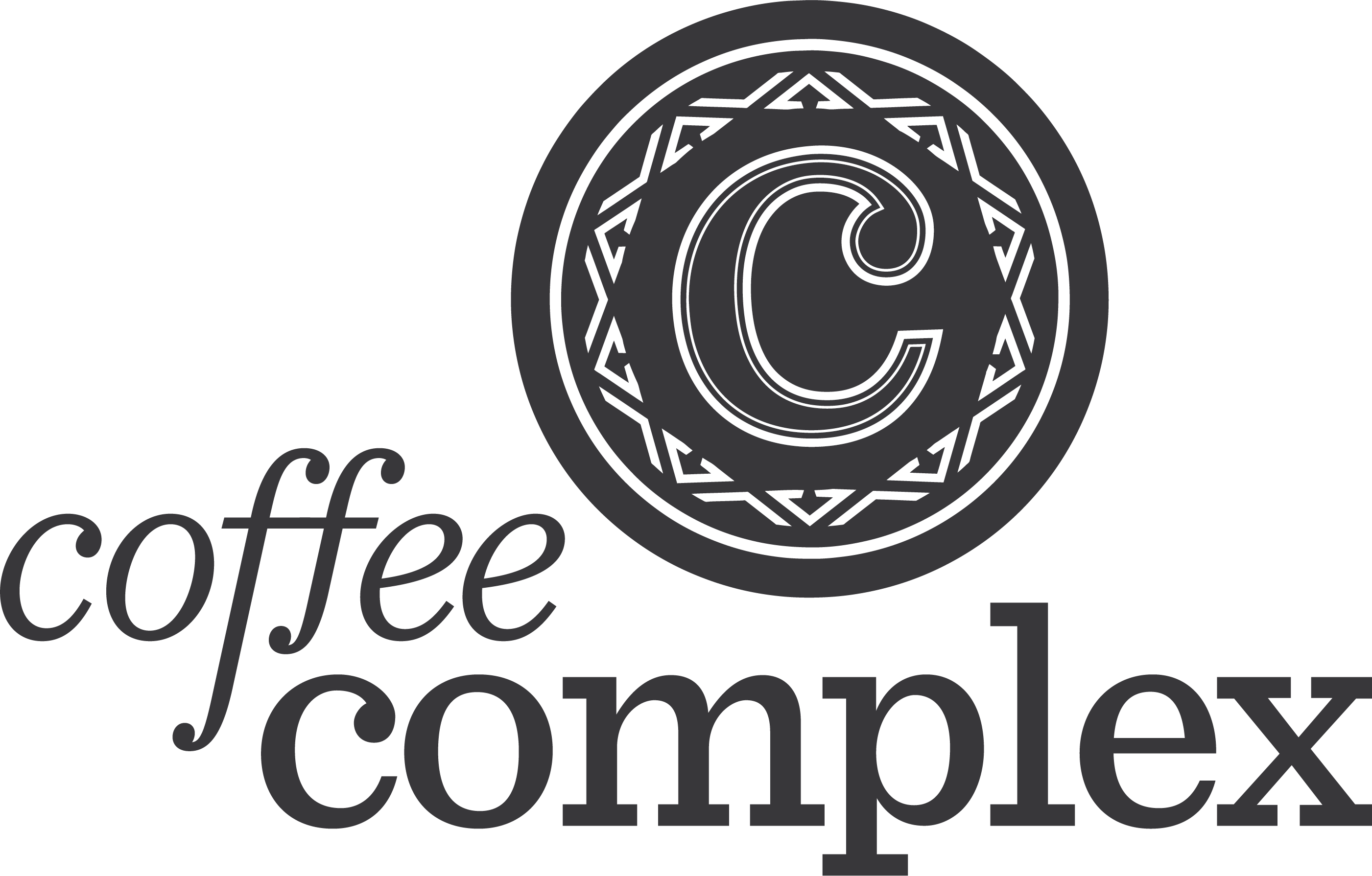Determining if “are office coffee machines tax deductible” may impact your business’s bottom line. This article seeks to clear up the uncertainty by examining the criteria that define eligibility for deductibility under ATO regulations. Read on as we break down the complexities and help you understand what to expect when claiming your office coffee machine as a business expense, keeping in mind the keyword: are office coffee machines tax deductible.
Key Takeaways
- Office coffee machines may be tax-deductible if classified as essential business equipment and used solely for business purposes, with the Australian Taxation Office allowing deductions for office equipment that is instrumental to operations.
- The tax benefits for an office coffee machine could include an immediate write-off if the cost is $300 or less or depreciation for more expensive items; adherence to ATO guidelines is essential, distinguishing between office expenses and non-deductible entertainment.
- Proper record-keeping is crucial for claiming tax deductions on coffee machines, requiring organised receipts, documentation, and usage logs that delineate business from personal use, with records kept for at least five years as per ATO mandates.
Understanding the Tax Deductibility of Office Coffee Machines
At first glance, an office coffee machine might seem like an unlikely candidate for tax deductions. However, the Australian Taxation Office (ATO) might have a different perspective. Most expenses, inclusive of office equipment which are instrumental in their operations, can be claimed as tax deductions by businesses. If a coffee machine is used solely for business purposes, its full cost could potentially be written off.
What are the criteria and timing for a coffee machine to qualify? A clear distinction between the personal and business use of the coffee machine is necessitated by the ATO. Full tax deductibility applies if the machine is used only for business purposes in a shared office space, not in a home office setup.
Is a coffee machine classified as essential business equipment or a luxury? Let’s explore.
Essential Business Equipment or Luxury?
The ATO defines necessary business equipment as items essential for the performance of work, which are typically tax-deductible. On the other hand, entertainment expenses, even if compulsory for work, are classified as non-essential luxury items and are not tax-deductible. So, where does an office coffee machine fall in this classification? When determining if the machine is equipment or a luxury, it’s important to note which type of coffee machine you have chosen for your office.
Consider this: a coffee machine is not just a tool for brewing coffee; it’s an asset that enhances employee productivity and satisfaction. It’s no longer a luxury but a necessity, especially in work environments where coffee breaks can foster collaboration and brainstorming. Therefore, it’s safe to say that a coffee machine could be seen as essential business equipment.
Directly Related to Work Performed
For a coffee machine to be tax-deductible, it must be essential and directly related to the work performed. But how does a machine brewing cups of coffee relate directly to work? When you consider the benefits that coffee offers, the connection becomes clear.
The presence of a coffee machine in the office not only provides a much-needed caffeine boost but also reduces the time employees spend away from their desks on coffee runs, potentially saving over 40 hours of productivity per year. This direct impact on work performance strengthens the case for coffee machines as a valid tax deduction.
Navigating ATO Guidelines for Office Equipment Deductions
Understanding the ATO guidelines for office equipment deductions can be a bit of a maze. Rest assured, we are here to navigate you through it. Deductible office equipment encompasses:
- computers
- laptops
- software
- stationery
- office furniture
- office supplies
- potentially coffee machines.
However, deductions are not allowed for private purposes or for items provided by someone else. So, the key is to ensure that the coffee machine is primarily used for business purposes. But, where do we draw the line between an expense and entertainment?
The Fine Line Between Expense and Entertainment
The ATO classifies functions such as dinners, dances, and cocktail parties as non-deductible entertainment expenses, even if they are attended only by work colleagues and work is discussed. But a coffee machine? It doesn’t quite fit into this category.
Contrary to these social functions, a coffee machine isn’t utilised for recreational activities. It’s a tool that aids in daily work activities by providing a caffeine boost. It’s a subtle but crucial distinction that categorises a coffee machine as a deductible business expense rather than a non-deductible entertainment expense.
Qualifying for Immediate Write-off or Depreciation
The next question you might ask is whether your coffee machine qualifies for an immediate write-off or should it be depreciated over time? The answer depends on the cost and usage of the machine.
If your coffee machine costs $300 or less and is used mainly for work purposes, it could qualify for an immediate deduction, making your coffee tax deductible. For items costing more than $300, you can deduct their decline in value over the effective life of the item. And if you’re a small business, the Australian government’s $20,000 instant tax write-off can apply to your coffee machine.
Claiming Deductions on Coffee Machines: A Step-by-Step Guide
Having grasped the concept of tax deductibility of coffee machines, let’s delve into its practical implementation. How do you actually claim these deductions? Don’t worry; we’ve got a handy step-by-step guide to help you navigate this process.
Initially, the cost basis of your machine needs to be established. This includes the original purchase price and any additional expenses related to acquiring the machine, such as delivery and installation fees.
Determining the Cost Basis of Your Machine
The cost basis of your coffee machine includes:
- The purchase price
- Delivery and installation fees
- Remuneration for services of professionals like accountants or legal advisers
- Costs to increase or preserve the value of the coffee machine
Remember, these additional costs can only be included in the cost basis if they are not otherwise deductible. The cost basis does not include costs for which a tax deduction can be claimed or amounts that are recouped, such as insurance payouts.
Calculating Depreciation for Maximum Benefits
After establishing the cost basis, depreciation calculation is the subsequent step. The method you choose for depreciation can have a significant impact on your tax benefits over the lifespan of the coffee machine.
You could choose the Prime Cost Method, where you divide the total cost by the effective life of the machine to calculate an annual depreciation expense. Alternatively, you could opt for the Diminishing Value Method, which applies a diminishing rate to the machine’s book value each year. Remember, calculations may vary, depending on if you have rented or purchased the office coffee machine.
Record Keeping for Compliance and Peace of Mind
After understanding the tax deductibility and calculating depreciation, it’s tax time to discuss record keeping. Proper record keeping is not just about compliance with ATO regulations; it also provides peace of mind when it’s time to claim tax deductions. Consulting a tax professional can ensure accurate record keeping and maximise your deductions.
The ATO mandates taxpayers to maintain records like receipts and evidence of work-related usage to support claims for work use of tools and equipment when filing their tax return. These records should be kept for at least five years, and consulting a tax agent can help ensure compliance with these requirements.
Organising Receipts and Documentation
Although the organisation of your receipts and documentation may seem overwhelming, it certainly need not be. With the guidance of a senior tax manager, you could use colour-coded folders, concertina files, or large envelopes sorted by financial years, quarterly, or monthly.
In today’s digital world, you also have the option of digital storage where the ATO accepts photos as valid documentation. You can use various devices, cloud services, or even apps to manage and securely store your receipts and invoices.
Usage Logs: Proving Business Use Over Personal Enjoyment
Usage logs hold a significant place in the record keeping process. They demonstrate the business use of coffee machines for the purposes of tax deductions.
A usage log must:
- Clearly separate business use from personal use
- Be maintained either in physical or digital form
- Be retained for at least five years, aligning with ATO’s requirements for substantiating claims.
Making Sense of Financial Decisions: Is a Coffee Machine a Wise Investment?
With all this talk about tax deductions and depreciation, you might be wondering, “Is a coffee machine really a wise investment for my business?” The answer to this question can be found by weighing the financial commitment against the potential benefits.
The financial commitment for an office coffee machine includes:
- The purchase price
- Installation costs
- Weekly expenses for consumables like coffee beans
- Maintenance and repair costs
But when you weigh these costs against the potential benefits, like increased staff productivity and higher levels of customer satisfaction, it becomes clear that a coffee machine can indeed be a wise investment, considering a few different factors.
The Impact of Coffee on Business Activities
The humble coffee machine does more than just brew coffee. It has a significant impact on business activities. As a business owner, investing in an office coffee machine can contribute to your business in multiple ways, ranging from boosting employee productivity to uplifting workplace morale and enriching client experiences.
Coffee machines provide a swift caffeine fix and a mental break, enhancing workplace happiness and productivity. They can also foster quality social interactions and a collaborative mindset, which is particularly beneficial for roles involving stakeholder engagement. Moreover, offering high-quality coffee to clients during meetings can enhance their experience and foster loyalty.
Summary
In conclusion, an office coffee machine is more than just a source of a caffeine fix. It’s a potential tax-deductible business expense that can significantly contribute to your business. From enhancing employee productivity to impressing clients, a coffee machine is an investment that can yield impressive returns.
While the process of claiming tax deductions might seem complicated, with a clear understanding of ATO guidelines, proper record keeping, and strategic financial decisions, you can maximise your tax benefits and add value to your business. So, it’s time to brew some success with your office coffee machine!
Frequently Asked Questions
Can I deduct a coffee machine on my taxes?
Yes, you can deduct a coffee machine on your taxes if it is used for work-related purposes, but it’s important to consult the ATO or a tax expert for specific guidance.
Is a coffee machine considered office equipment?
Yes, a coffee machine is considered office equipment and can be claimed as a tax deduction if used for work-related activities.
What is the cost basis of a coffee machine?
The cost basis of a coffee machine includes the original purchase price, delivery and installation fees, and any other costs incurred in acquiring the machine. These costs form the basis for calculating depreciation and potential gains or losses when selling the machine.
How is depreciation calculated?
Depreciation can be calculated using either the Prime Cost Method or the Diminishing Value Method. Choose the method that best suits your needs.
What records do I need to keep for claiming tax deductions?
To claim tax deductions, you need to keep receipts, proof of purchase, records of depreciation calculation, and usage logs that differentiate business from personal use. This will help ensure accurate deductions.


